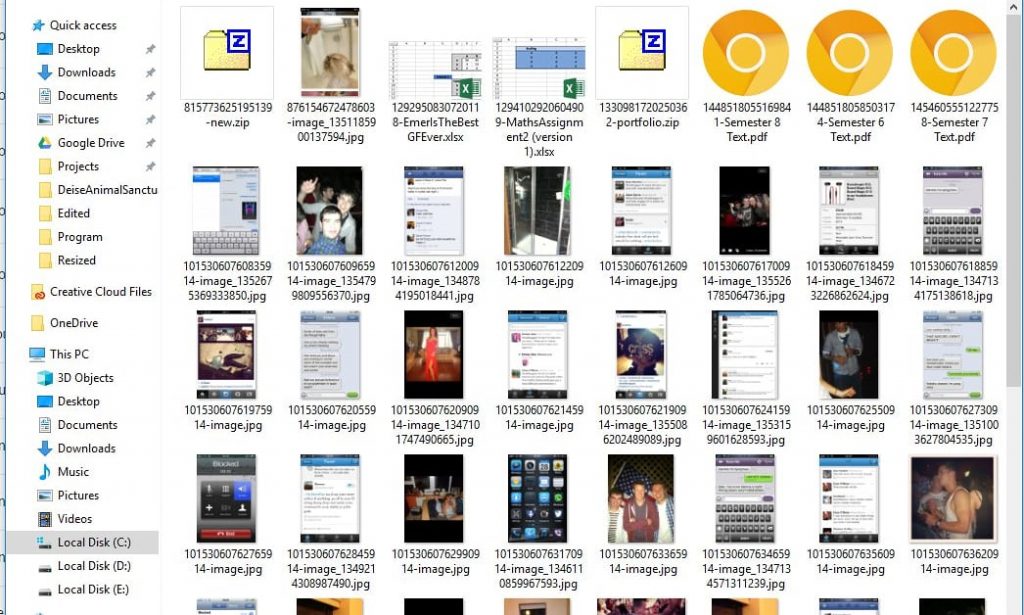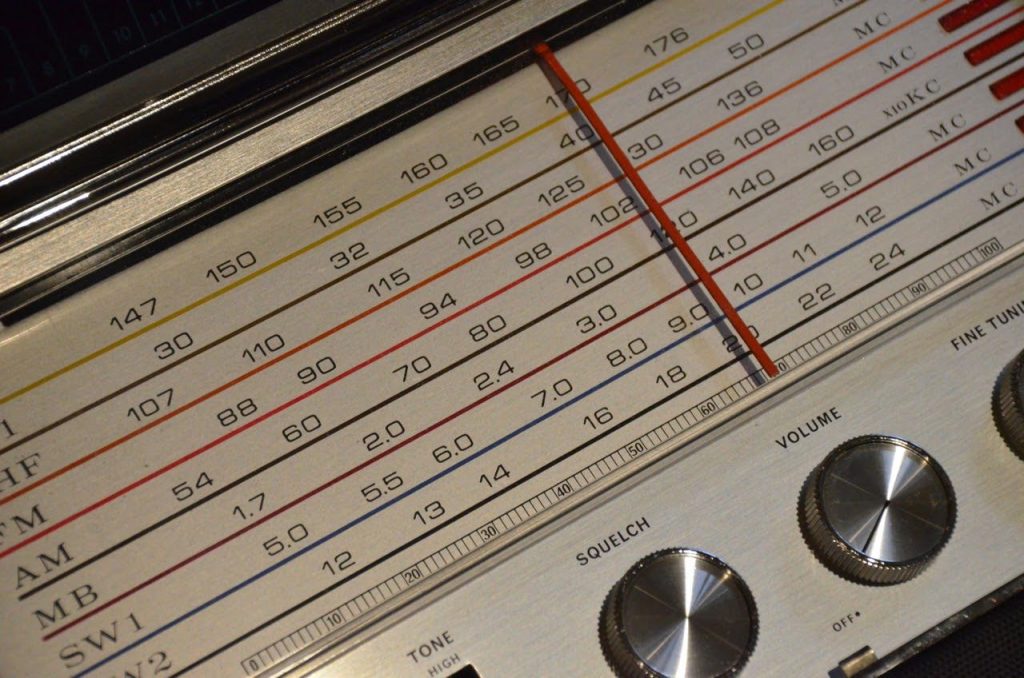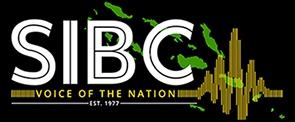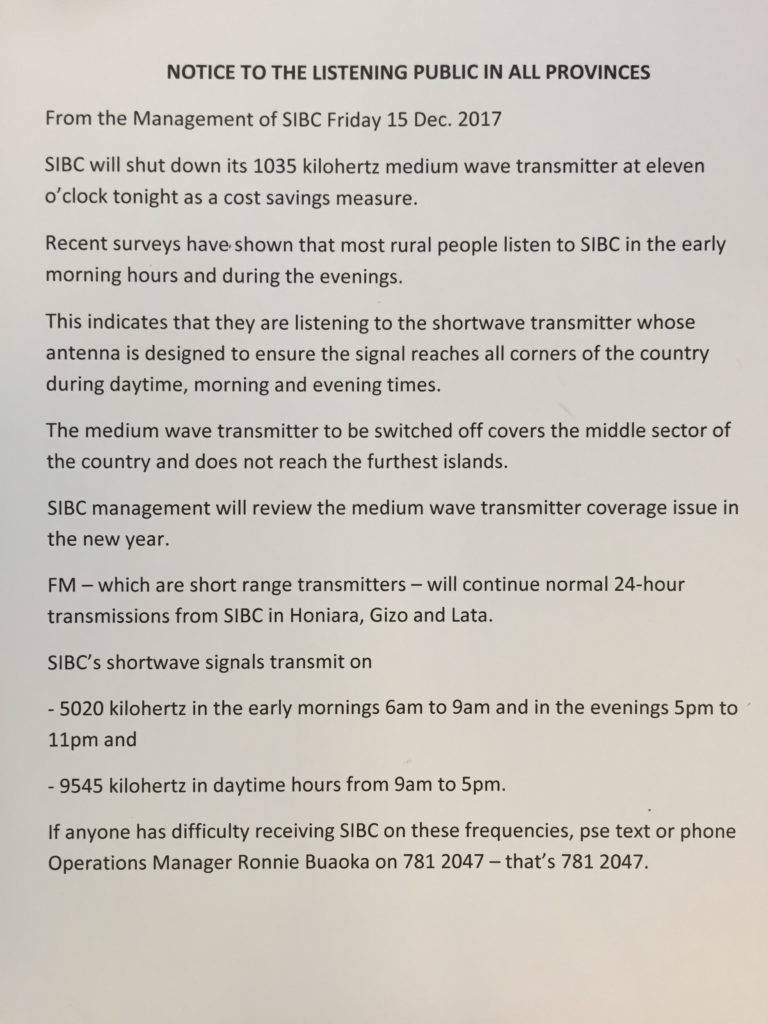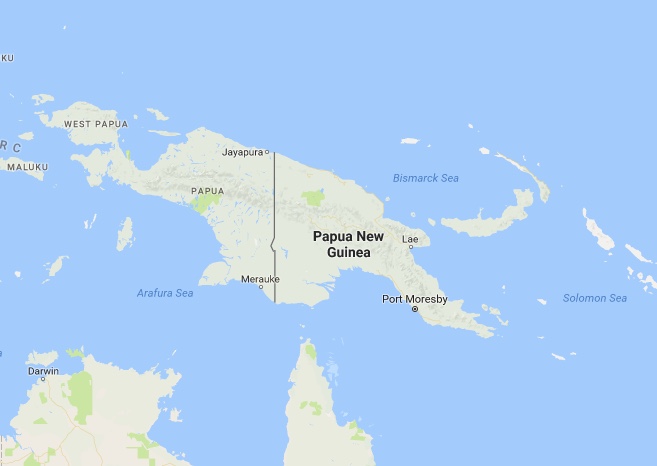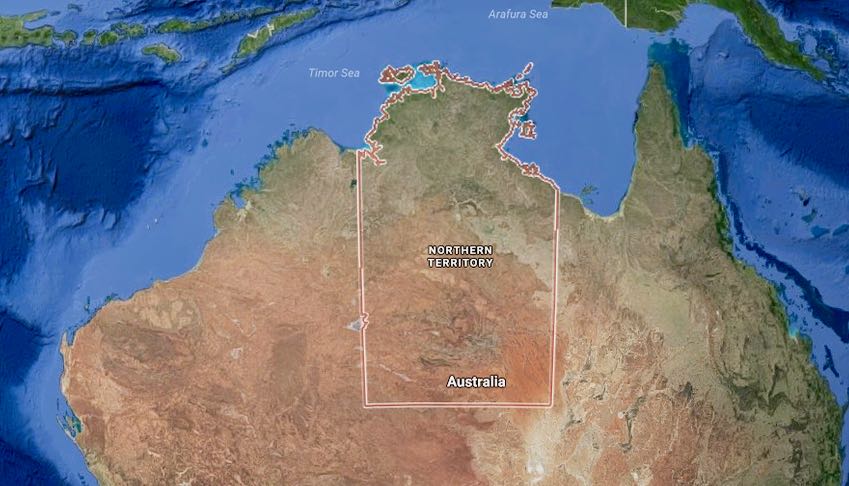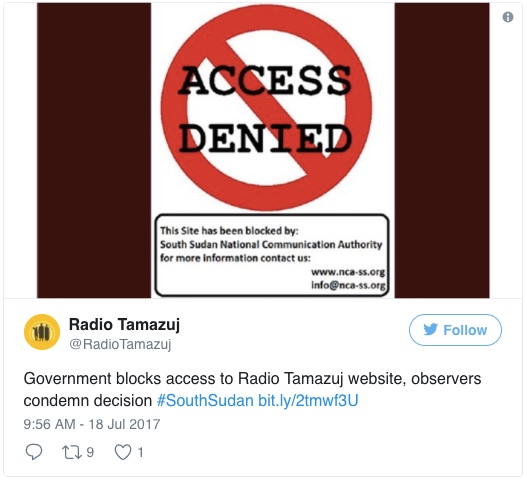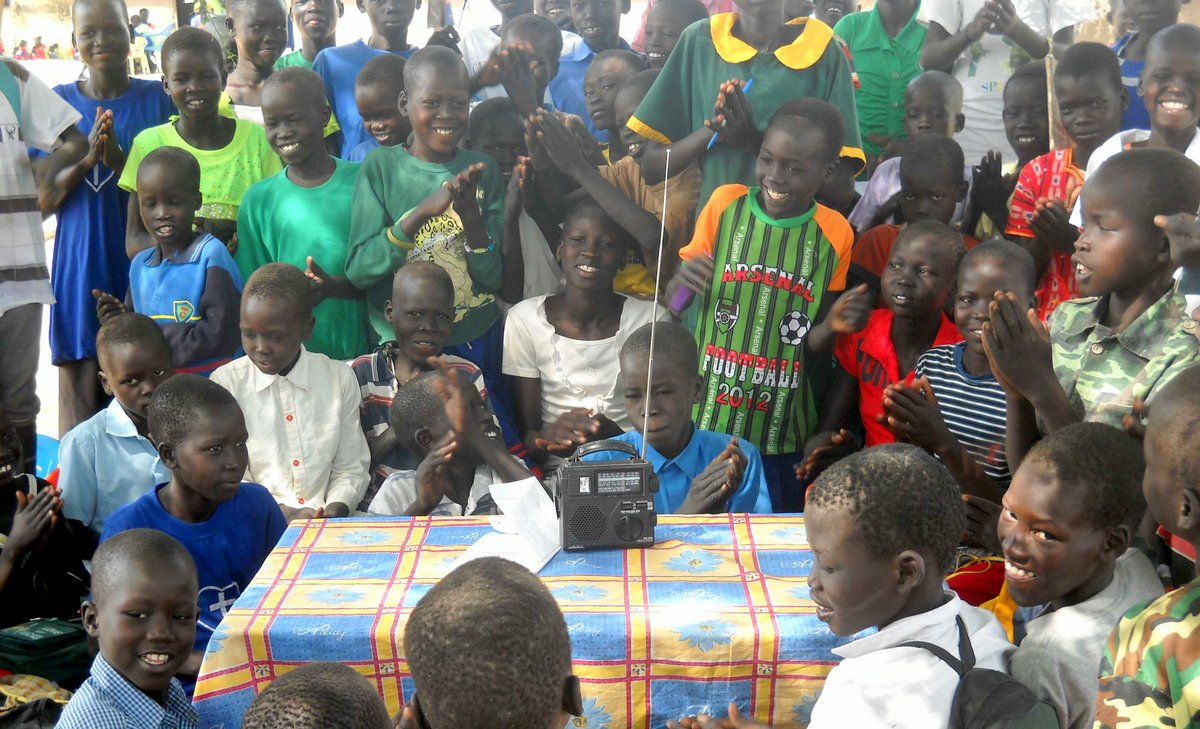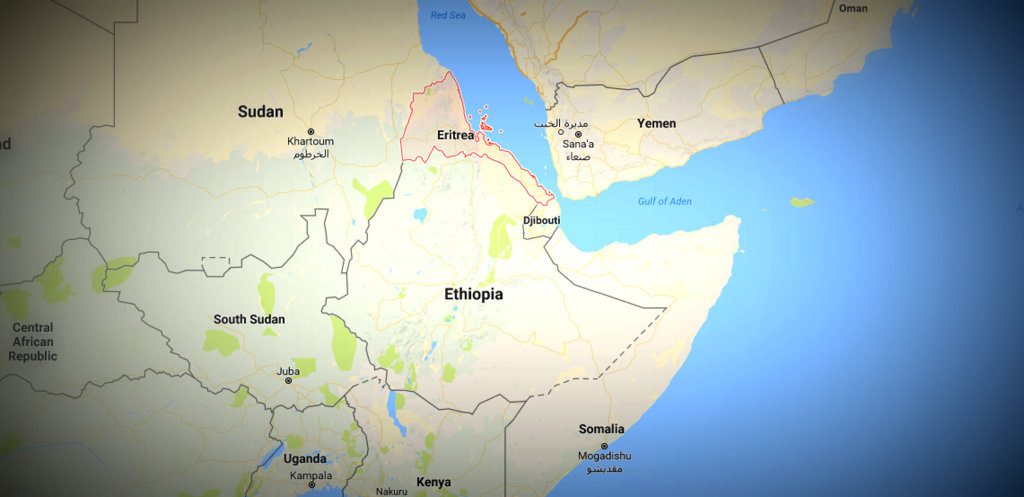WASHINGTON – Libby Liu, President of Radio Free Asia (RFA), today issued the following statement about RFA’s decision to suspend in-country operations in Cambodia:
After almost 20 years of bringing the Cambodian people independent, reliable and trustworthy news and information from inside the country, Radio Free Asia has regrettably been forced to close its Phnom Penh bureau. The government’s relentless crackdown on independent voices in recent weeks has made it impossible to keep the bureau open while guaranteeing the integrity of RFA’s journalistic mission.
It has become increasingly apparent that Prime Minister Hun Sun has no intention of allowing free media to continue operating inside the country ahead of the 2018 elections. The government has instead seized on every opportunity to go after critics, political opponents, NGOs, and independent media committed to reporting the truth. Using a thin pretext of tax and administrative violations, authorities have closed independent radio stations carrying RFA, Voice of America, and Voice of Democracy. The government has forced The Cambodia Daily newspaper to close due to an extreme and punitive retroactive tax bill and has kept its manager, Mr. Steele, from leaving the country under threat of criminal charges. Authorities have been employing these same tactics against RFA, despite our full cooperation at every step to comply with all requests and our sincere efforts to register as a licensed media company. Nevertheless, they have resorted to false statements and increasingly threatening and intimidating rhetoric about RFA, made mostly through leaked documents on government mouthpiece media and random statements from different ministries.
Facing down intimidation is nothing new for RFA. Our journalists and commentators have been threatened, jailed, and forced to leave the country to avoid arrest or worse. But recent developments have intensified to an unprecedented level, as Cambodia’s ruling party shamelessly seeks to remove any obstacle or influence standing in its way of achieving absolute power.
Through the years, Cambodian journalists working for RFA have risked their lives to report on corruption, illegal logging, forced evictions, bribery, labor disputes, and rights abuses, among other important stories largely ignored by state-controlled media. Their hard work has helped to build the foundation of RFA’s investigative, in-depth journalism from the ground up and has earned us the trust of the Cambodian people — to whom we also owe our heartfelt gratitude. The sacrifice and support of staff and audience alike reinforces the need for RFA to keep Cambodia’s citizens informed, so they possess a more complete and accurate picture of what’s happening in their neighborhoods, their towns, and their villages. We hope that the government will not persecute the individual brave Cambodians who worked with us in retaliation for RFA’s efforts to bring reliable free press to their countrymen and women.
RFA stands resolved to stay true to its vital mission in Cambodia, now more than ever, to go forward shining a light even in the darkest of hours. RFA will keep reporting on the most important and censored issues and events inside the country — and we will continue to broadcast and publish our programs, reports and content on shortwave radio, social media, and on our website.
As history has shown, dictators may rise and force their will on nations, but the people will always seek truth in pursuit of freedom.

